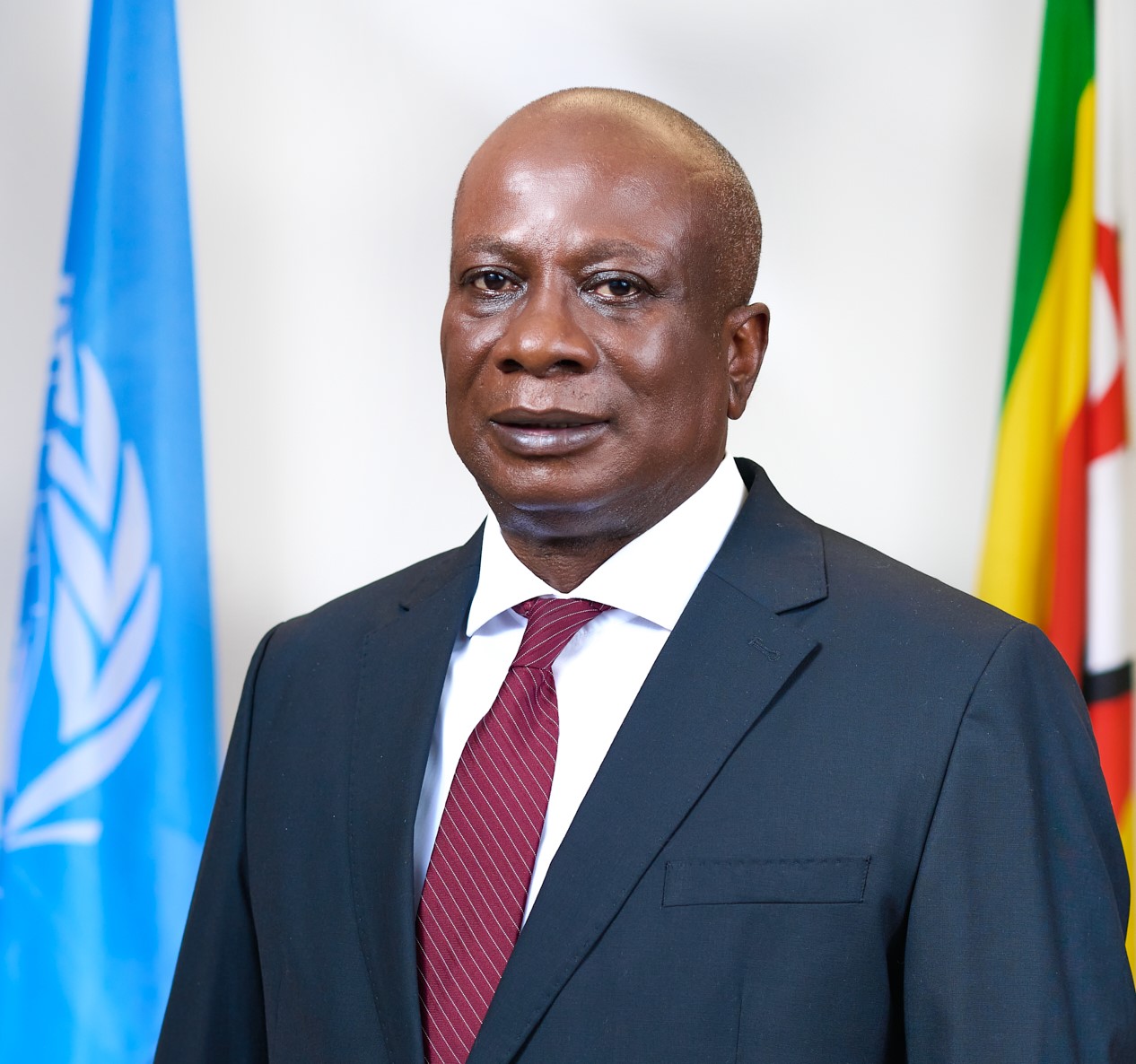|
Getting your Trinity Audio player ready...
|
United Nations Resident and Humanitarian Coordinator for Zimbabwe, Mr. Edward Kallon has underscored the importance of individuals and populations making healthier choices and following lifestyle patterns that foster good health.
He made the call today while delivering a message for the International Day of Yoga (21 June) that was designated by the UN General Assembly.
Yoga has gained universal appeal and it is trending as a practice by millions the world over in their quest to achieve healthy lifestyles.
“The UN in Zimbabwe in response to the increasing burden of Non-Communicable Diseases (NCDs) has recognised that wider dissemination of information about the benefits of practising yoga would be beneficial for the health of Zimbabweans. On a general note, in Zimbabwe, NCDs account for 31% of morbidity according to findings of the World Health Organization.
“The high burden of NCDs is attributed to a change in population lifestyles which include physical inactivity because of the changing nature of work; alcohol, smoking and substance abuse particularly among the youth; traffic accidents; and pollution. Health is wealth and prevention is of primary importance as it is undoubtedly more logical and cost-effective to prevent disease than to deal with it once it has occurred,” Mr. Kallon said
The UN senior official said in addition to various ongoing interventions to improve the health system in Zimbabwe, promoting the adoption of Yoga as a lifestyle for health and wellbeing is a strategic investment, particularly in the prevention of NCDs.
“As we mark the International Day of Yoga in Zimbabwe, it is worth noting that the country has committed to the 2030 Agenda for Sustainable Development and its 17 goals, particularly SDG3 – which aims to achieve quality health for all. The UN remains committed to supporting national efforts to deliver quality and universal health coverage for all Zimbabweans,” he added.






